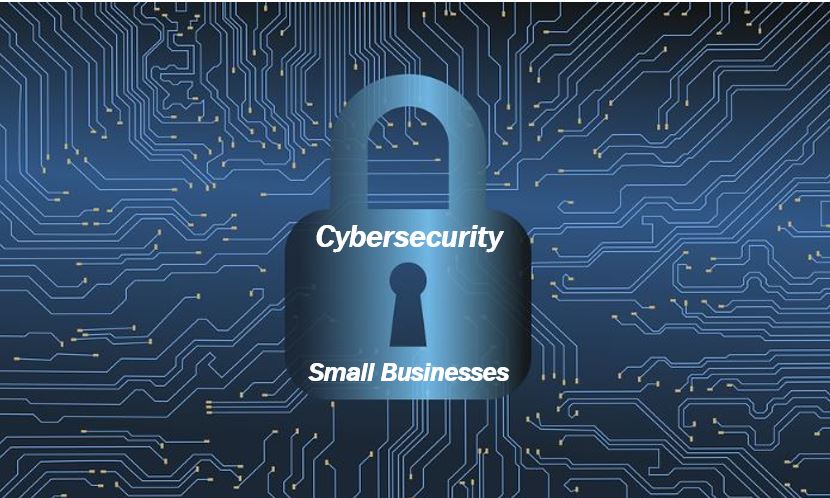 Small businesses today have become hot targets for cybercriminals as compared to larger organizations. That’s simply because they don’t consider cybersecurity to be an important part of their overall business strategy.
Small businesses today have become hot targets for cybercriminals as compared to larger organizations. That’s simply because they don’t consider cybersecurity to be an important part of their overall business strategy.
They think cybercriminals are not interested in small businesses and implementing cybersecurity tools will only increase their expenditure. However, that couldn’t be further from the truth.
Small businesses are just as susceptible to cyberattacks as big companies, probably even more considering they don’t have solid cybersecurity tools and skilled staff to handle any untoward situation.
Cyber Threats Faced by Small Businesses
Cybercriminals use the following techniques to target small businesses:
- Phishing – Most companies fail to educate their staff regarding phishing, which has been around for as long as we can remember. Cybercriminals can lure your employees using different social engineering methods and trick them into revealing confidential company information.
- Viruses and Malware – Viruses and malware are capable of destroying the reputation of small businesses within seconds. They can easily sneak into your corporate network and steal sensitive data.
- Ransomeware – This threat has lately been a terror for small businesses. After infecting the device, they encrypt all the information on it and ask the victim for a ransom in return for gaining back access. In the last few years, numerous small businesses have shut down because of ransomware attacks.
- Distributed Denial of Service (DDoS) – In a DDoS attack, an overwhelming amount of traffic is transmitted to a website by a network of compromised systems. This, as a result, crashes the site and makes it unavailable to legitimate users.
- Outdated Software – Most small businesses don’t update their software on a timely basis. Outdated software has bugs and plenty of other loopholes which cybercriminals can take advantage of to walk away with your confidential data.
Easy Cyberattack Protection Tips for Small Businesses
The following are a few quick tips to protect your small business from cyberattacks:
- Train your employees about prevalent cyber threats and develop basic security habits in them like setting up strong passwords and following appropriate internet user guidelines.
- Use the latest security software and secure VPN servers for remote access.
- Adopt firewalls so that outsiders can’t access your business’s network to wreak havoc.
- Whether you are connecting with clients or sharing important business data, make sure to use apps that offer end-to-end encryption.
- You should back up important business data and files on the cloud. The most important information of a company includes financial files, human resources files, and accounts receivable/payable files.
- To secure the Wi-Fi at your workplace, use a strong WPA2 password, enable MAC address authentication, and employ a VPN.
- Always work with the banking and payment tools which offer the most trusted and valid anti-fraud services.
- Draft and implement relevant security policies and practices and offer your employees incentives for following them.
Wrapping Things Up
Cybersecurity is something that should not be ignored, and the same also applies to small business. Hence, it is vital that you put in the time, effort, and money to secure your small business from cyberattacks – or else face the consequences!
Video – What is cybersecurity?
This Market Business News video explains what cybersecurity is, i.e., the practice of protecting computer programs, networks, and systems from digital or cyber attacks. We can write the term as one or two words – cyber security or cybersecurity.

